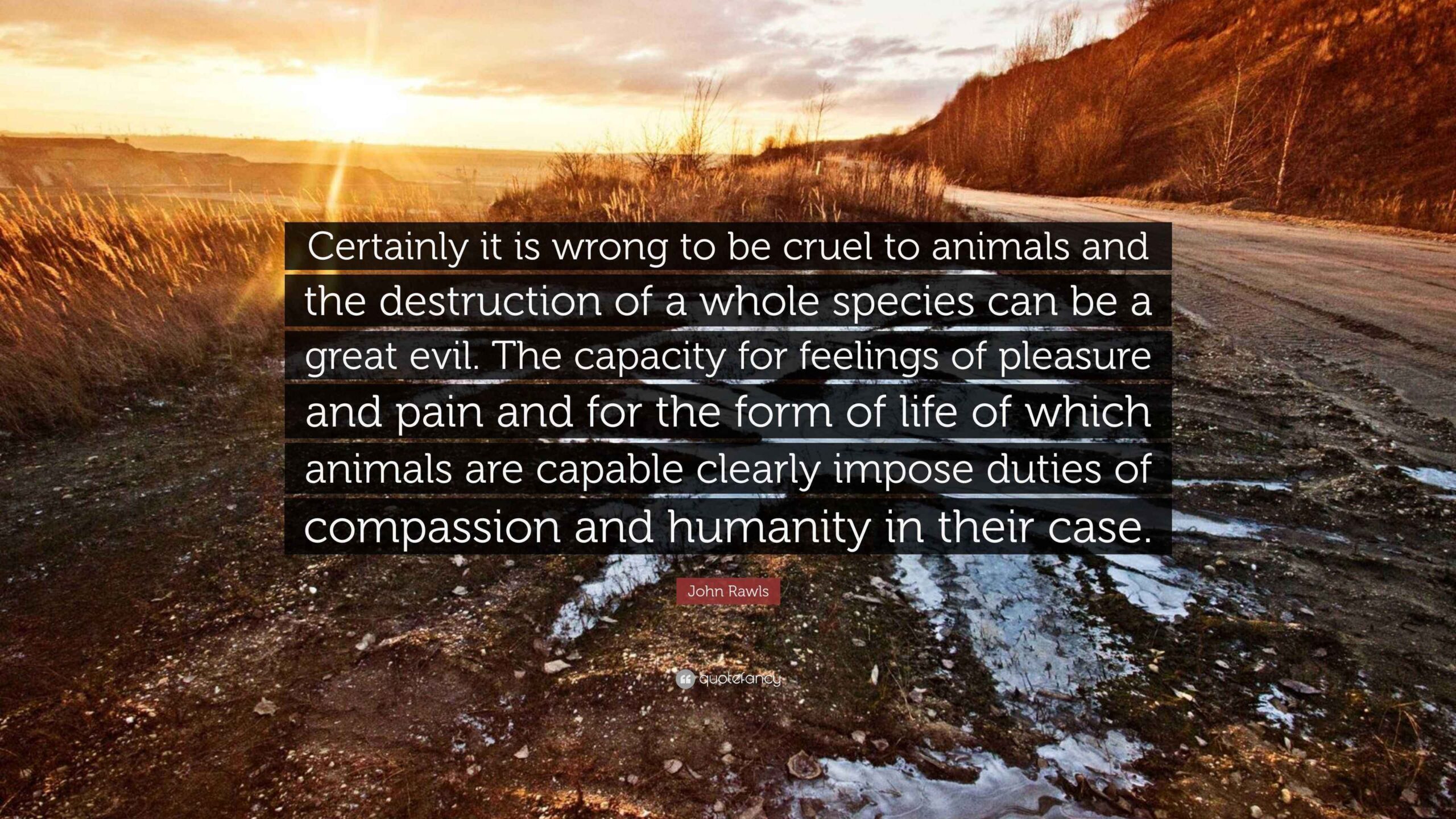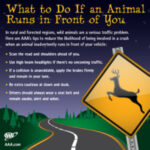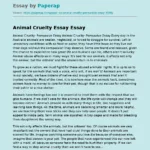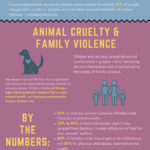Human beings have long been regarded as the epitome of intelligence and civilization, standing at the apex of the evolutionary ladder. This self-constructed narrative casts humans as both the architects of society and its most egregious destroyers. The question of whether humans are the sole species capable of cruelty invites a philosophical inquiry that traverses the realms of ethics, biology, and subjective experiences of suffering. To examine this query, it is imperative to dissect the various dimensions of cruelty, its manifestations in the animal kingdom, and the implications thereof.
Understanding Cruelty: A Multifaceted Concept
Cruelty often elicits an emotional response, conjuring images of deliberate torment and suffering inflicted upon sentient beings. However, it is brittle when dissected under rigorous ethical scrutiny. In philosophical terms, cruelty could be classified as both intentional and unintentional harm. Intentional cruelty is often driven by malice or indifference, while unintentional cruelty may arise from ignorance or misunderstanding of the consequences of actions. This duality of cruelty becomes paramount when exploring behavioral patterns across species.
Animal Behavior: A Study of Aggression
Numerous studies have cataloged instances of aggression within the animal kingdom. Observations in ecosystems demonstrate that acts of violence are not uncommon among various species. For instance, chimpanzees engage in organized raids against rival socio-groups, resulting in fatalities. Likewise, big cats may engage in killings that extend beyond mere sustenance, ostensibly for superiority or territory. Such behaviors raise the question of whether these acts epitomize cruelty or are merely instinctual survival mechanisms.
The capacity for violence in nature is instinctually driven, shaped by the imperatives of predation and survival. In these contexts, animals do not exhibit cruelty in the same moral framework as humans. Rather, their behaviors are ensconced within the evolutionary narrative, driven by the primal urges to feed, procreate, and survive. Thus, the application of the term “cruelty” becomes problematic when contextualized outside human moral constructs.
The Human Edifice of Cruelty
Conversely, the manifestation of cruelty within human society is far more complex. Societal norms, cultural conditioning, and personal choices lay the groundwork for acts of cruelty that are often premeditated. Humans possess a unique cognitive capacity that enables them to understand the abstract nature of suffering, creating a moral compass distinctly different from that of non-human animals. This intellectual ability often leads to an acute awareness of suffering, yet it does not always result in empathetic action. Instead, it can lead to willful blindness or apathy, particularly when systemic issues such as poverty and inequality are involved.
Consider factory farming, a testament to human capacity for organized cruelty. Animals, such as chickens and pigs, are subjected to conditions that are inconceivable in the realm of ethical discourse. The rationalization of these practices stems from economic gain and societal convenience, indicating a complex intersection of ethics, culture, and commerce. Herein lies the tragedy: despite understanding the suffering inflicted, humans frequently choose convenience over compassion.
The Philosophical Lens: Ethics and Empathy
The philosophical inquiry into cruelty must intertwine with ethical theories that address the moral implications of our actions. Utilitarianism, for instance, espouses the principle of maximizing happiness while minimizing suffering. Under this ethical framework, the examination of animal rights becomes not only a question of kindness but a matter of moral obligation. The utilitarian perspective serves as a critique of those who perpetuate cruelty, advocating for a re-evaluation of what it means to cause harm in a profoundly interconnected ecological system.
Furthermore, the concept of empathy emerges as a critical dimension in evaluating cruelty across species. Empathy, defined as the ability to understand and share the feelings of others, spans across various species. Certain animals, such as elephants and dolphins, exhibit behaviors that reflect emotional richness and social bonding, suggesting an ability to empathize with fellow creatures. This leads to intriguing questions regarding the responsibilities of the more cognitively advanced species, such as humans, to foster compassion rather than cruelty.
Questioning the Human-Centric Paradigm
Historically, humanity has operated under a human-centric worldview, often relegating non-human life forms to the periphery. This anthropocentrism not only devalues the experiences of other sentient beings but also perpetuates systems of exploitation and cruelty. Philosophers such as Peter Singer have critiqued this prevailing paradigm, advocating for a more inclusive ethical framework that recognizes the intrinsic value of all beings capable of suffering. By doing so, it confronts the unacknowledged privilege that humans wield over other species.
Conclusion: A Call for Reflection
In conclusion, assessing whether humans are the only cruel species necessitates a nuanced exploration of cruelty’s multifaceted nature. While other species exhibit aggressive behaviors, the deliberate and often premeditated cruelty found within human societies presents a moral dilemma far more intricate. As beings endowed with the ability to rationalize, the onus is upon humanity to introspect and cultivate ethical frameworks that transcend convenience and indifference. A palpable shift in this paradigm may not only alleviate suffering but also foster a more compassionate coexistence across species. Ultimately, this inquiry transcends the notion of cruelty, inviting a broader contemplation of our relational dynamics with the animal kingdom and the moral obligations that accompany our intelligence.










